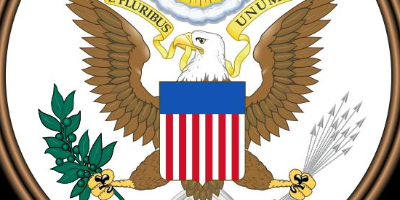Kieft's War (feb 23, 1643 – aug 1, 1645)
Description:
A conflict between the settlers of New Netherland (modern-day New York) and several Native American tribes, chiefly the Weckquaesgeeks. In the early 1640s, the New Dutch enjoyed a comparatively peaceful coexistence with the Native American tribes around them. However, in 1638 the Dutch West India Company that managed the colony appointed Willem Kieft as Director-General of New Netherland.Kieft was openly hostile towards the Natives, and seeked a punitive expedition for the revenge killing of an elderly resident of his colony by a Native American. He created the Council of Twelve Men, a popularly elected group of advisers to assist him in the expedition. However, they instead urged him not to carry out the attack at all, and suggested the Council be used for political purposes. These thoughts echoed those of most New Dutch, as they did not want war with the Native Americans they lived by. The tribes were also more numerous and controlled the fur trade the Dutch West India Company relied on to turn a profit.
Despite this, Kieft dissolved the Council and launched an attack on the Weckquaesgeeks, with over 100 soldiers killing as many Native Americans. In response, several tribes formed an alliance, the Wappinger Confederacy, and attacked with 1500 warriors in the autumn, killing many colonists and destroying much farmland and buildings. Kieft attacked again in December 1643, killing 500 Weckquaesgeeks. The New Dutch began to rebel against Kieft, with many colonists straight-out left the colony. Not perturbed, Kieft hired Captain John Underhill to attack the Native alliance. His forces killed over 1000 Natives, with most of the casualties being from the Pound Ridge Massacre in March 1644, the climax of the war. Underhill and 130 men burned a Wappinger village to the ground, killing 500-700.
Despite this great loss, the Wappinger (which grew to 69 tribes strong by the end of the war) continued to harass and raid New Netherlands. In August 1645, the two sides signed a truce, ending the war. In 1647, Kieft was recalled by the Dutch West India Company for his transgressions, but died in a shipwreck on his way back to Europe. Because of the colonists' mass abandonment of New Netherland, the growth of the colony slowed dramatically. The death toll of the war was also quite high, proportional to the populations at the time (the colonial capital of New Amsterdam only had about 800 residents).
Added to timeline:
Date:
feb 23, 1643
aug 1, 1645
~ 2 years and 5 months
